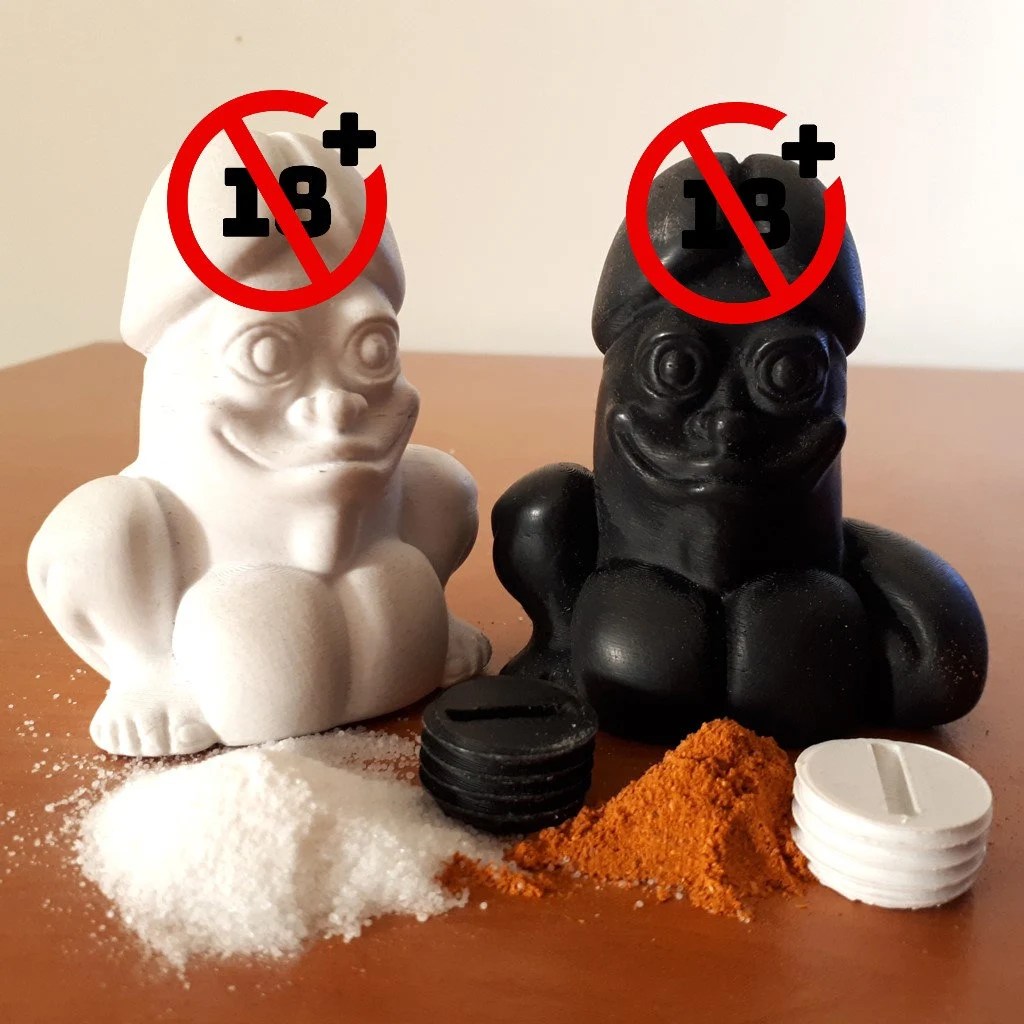In recent years, the quest for male enhancement has become a topic of significant interest, with many seeking various methods to achieve their desired results. One of the more unusual methods that has surfaced is the idea of using salt to grow the penis. This article will explore the myths and facts surrounding this topic, providing insights based on research and expert opinions. Whether you are curious about the efficacy of this method or simply looking to understand the science behind it, this comprehensive guide aims to clarify these concerns.
As we delve into the intricacies of male enhancement, it is essential to distinguish between factual information and prevailing myths. The health and well-being of individuals seeking enhancement techniques is crucial, and misinformation can lead to harmful practices. This article will provide a balanced view, considering both the physiological aspects of male anatomy and the psychological effects of enhancement efforts.
Join us as we embark on a detailed exploration of the claims surrounding the use of salt in the pursuit of penis growth. We will analyze scientific studies, expert opinions, and user experiences to present a well-rounded perspective on this controversial topic.
Table of Contents
- 1. Introduction
- 2. Common Myths About Penis Enlargement
- 3. The Facts Behind Salt Use
- 4. Biography of Male Enhancement Practices
- 5. Personal Data and Statistics
- 6. Expert Opinions on Male Enhancement
- 7. Safety Concerns and Recommendations
- 8. Conclusion
2. Common Myths About Penis Enlargement
Penis enlargement is surrounded by numerous myths that can mislead individuals seeking solutions. Here are some of the most prevalent myths:
- Myth 1: All pills and supplements provide effective results.
- Myth 2: Surgery is the only reliable method for penis enlargement.
- Myth 3: You can grow your penis through exercise alone.
- Myth 4: Natural remedies, like salt, are guaranteed to work.
3. The Facts Behind Salt Use
Salt has been associated with various health benefits, but its role in penis enlargement is questionable. Here are some key points to consider:
- Salt can cause fluid retention, which may temporarily alter the appearance of the penis.
- Excessive salt intake can lead to health issues, such as high blood pressure.
- There is no scientific evidence supporting the claim that salt directly contributes to penis growth.
4. Biography of Male Enhancement Practices
Throughout history, various cultures have explored methods for male enhancement. Here’s a brief overview:
- Ancient civilizations utilized herbal remedies.
- The 20th century saw the rise of surgical techniques.
- Modern times have witnessed a surge in pills and supplements, often with little regulation.
5. Personal Data and Statistics
Understanding the demographics and motivations behind male enhancement is crucial. Here’s a table summarizing recent survey data:
| Age Group | Percentage Seeking Enhancement |
|---|---|
| 18-24 | 25% |
| 25-34 | 30% |
| 35-44 | 20% |
| 45+ | 15% |
6. Expert Opinions on Male Enhancement
Experts in urology and sexual health provide valuable insights into male enhancement. Here are some noteworthy points:
- Urologists often emphasize the importance of realistic expectations.
- Many professionals advocate for psychological counseling over enhancement methods.
- Research indicates that confidence plays a significant role in sexual satisfaction.
7. Safety Concerns and Recommendations
Safety should be a primary concern for anyone considering enhancement methods. Here are some recommendations:
- Consult a healthcare professional before trying any new method.
- Avoid unregulated supplements and treatments.
- Focus on overall health and well-being rather than solely on enhancement.
8. Conclusion
In summary, the idea of using salt to grow the penis is steeped in myth and lacks scientific backing. Understanding the realities of male enhancement is crucial for making informed decisions. It is essential to prioritize health and consult professionals when considering enhancement methods. If you found this article informative, please leave a comment or share it with others who might benefit from this information.
Thank you for reading! We hope to see you back for more insightful articles on health and wellness.
Article Recommendations
- Patricia Heaton
- Is Barron Trump Gay
- Unveiling The Allure Hilary Duff Nude And The Art Of Celebrity Vulnerability


